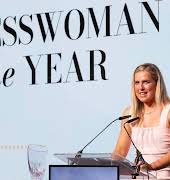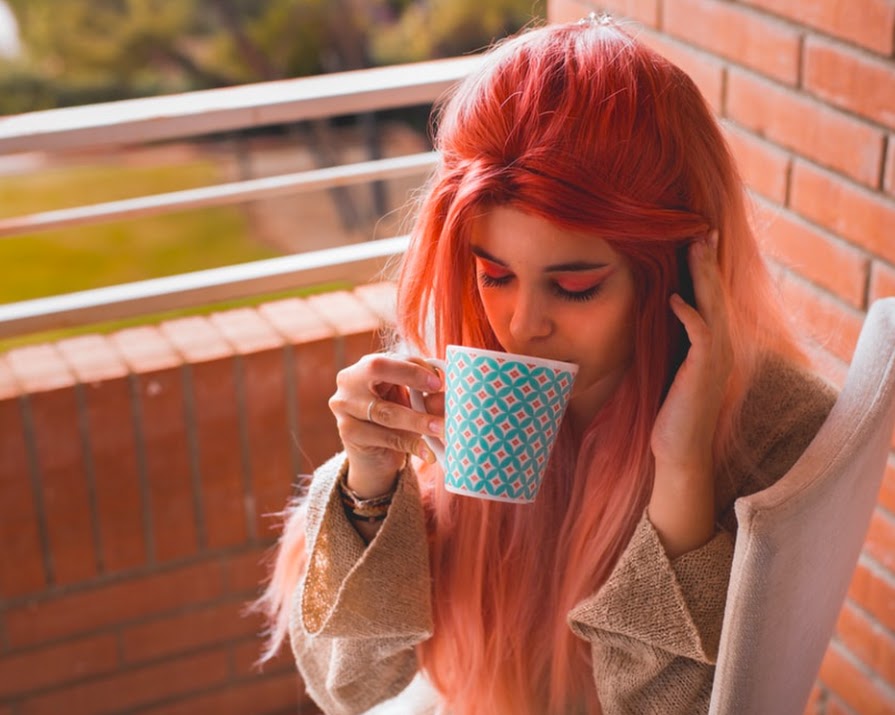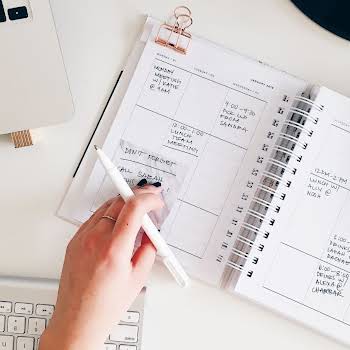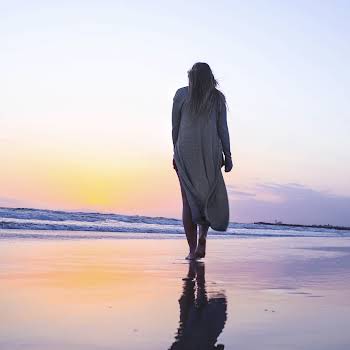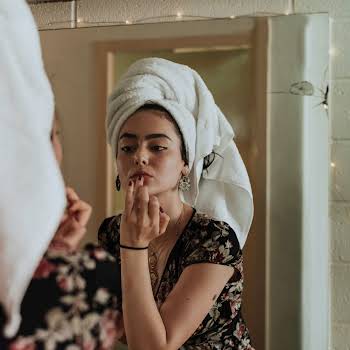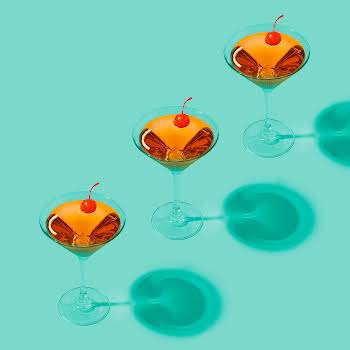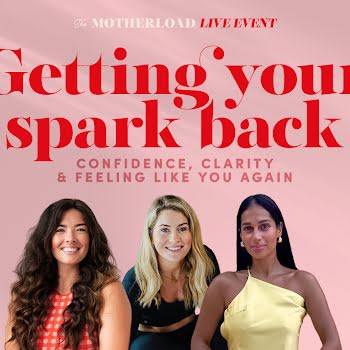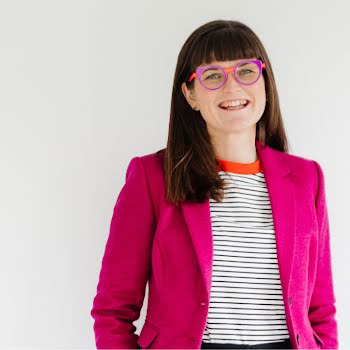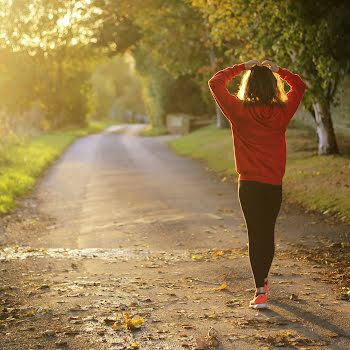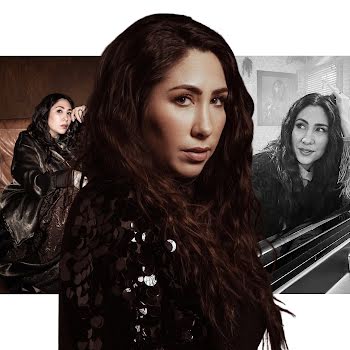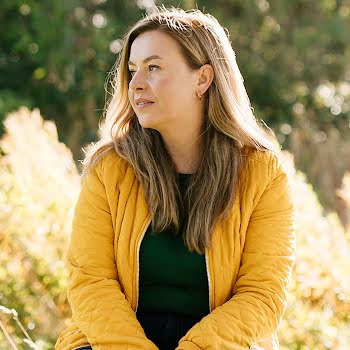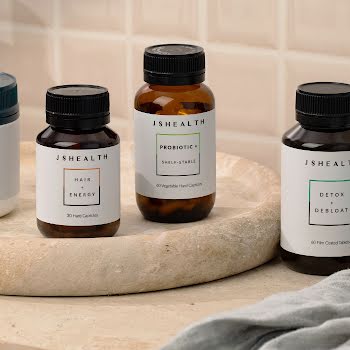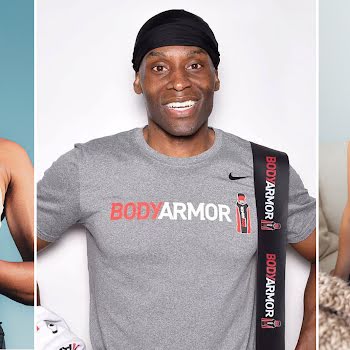
Sober curious: ‘I’m at the point where I am questioning my decision to drink at all’
Alcohol consumption patterns are changing with studies now showing that fewer young people than ever are ‘enjoying a tipple’. What is sparking this (welcome) change of behaviour in Generation Sensible?
Like many Irish teens, my first drinking experience involved cans of Ritz ‘down the backfield’ — a desolate, private stretch of grass with nothing more than a few bushes to keep prying parental eyes away.
We graduated from West Coast Coolers and pink Woodies to dolly mixtures and Peach Schnapps with orange juice. That sugary alcohol high was the backdrop to many of our most memorable teenage experiences — the debs, the pre-debs, the pre-pre-debs.
Writing about it now, it is horrifying to imagine the risks we took along with our alcohol-fueled bravery, but at the time, this was our normal.
Related: Anne Hathaway chooses not to drink while her son is small
Over the past few years, there has been a shift in this pattern with young people now starting to embrace sobriety. Many are no longer willing to accept that the best way to spend their youth is vomiting into the toilet or lying on the couch all day gasping for a Dominos.
Shifting patterns
But what has changed, and why is sober now the new black?
A study published in BMC Public Health focused on a decade of data from the UK health survey. Researchers found that the number of 16 to 24-year-olds who don’t drink alcohol increased from 18% in 2005 to 29% in 2015. The authors of the study attributed this trend mostly to an increasing number of people who had never been drinkers (9% in 2005 to 17% in 2015).
“It is horrifying to imagine the risks we took along with our alcohol-fueled bravery, but at the time, this was our normal.”
Binge drinking was down too from 27% to 18% in that timeframe. One of the researchers, Dr Linda Ng Fat said that “the increase suggests that this behaviour may be becoming more acceptable, whereas risky behaviours such as binge drinking may be becoming less normalised.”
More and more sober or mindful drinking events are attracting crowds where the focus is more on the music or the social element, rather than queuing at the bar for beer. Even sober ‘bars’ have started popping up in cities like New York and London.
And while a bar without booze might sound like an oxymoron, these spaces function as social living rooms for those with little living space, as well as being an alcohol-free nightlife option that appeals to those who prefer not to drink (or to be around alcohol).
Teetotal
The rise of the non-drinker seems to be a global trend. In Australia, alcohol consumption recently reached its lowest point since the early 1960s, the decline driven almost entirely by reductions in youth drinking.
In Germany, teen drinking has dropped by half over the past 30 years.
“We grew up with the boozy adventures of cultural icons like Kate Moss and Carrie Bradshaw.”
While it is specifically young people that are drinking dramatically less, the entire teetotal movement is gaining traction among other age groups too. Some believe it is thanks to the wider influence of social media.
“There is an increasing level of health consciousness,” explains personal trainer Lydia Cox who has a large following on her Instagram account where she charts her healthy meal plans and exercise regime.
“We grew up with the boozy adventures of cultural icons like Kate Moss and Carrie Bradshaw. Today it is all about the wellness movement and being a part of that through food and fitness.”
There are a growing number of Instagram accounts supporting those who prefer to remain sober. Some share their favourite non-alcoholic drink recipes, others discuss their recovery from addiction but most just want to embrace an alcohol-free life and share that with others.
Hard work
“The one I get most is ‘aren’t nights out boring for you?’” laughs Susan, who stopped drinking three years ago. “For me, it was quite an organic decision. I was sick of hangovers, I just had my second child and found myself drinking less and less. Then I wondered why I was drinking at all. I’d always enjoyed the first two drinks on a night out and after that, it seemed like hard work.
“Generation Sensible, as they have been dubbed, have been on the receiving end of many of the consequences of alcohol abuse from generations that went before.”
“I was doing a yoga teacher-training course at the time and so I stopped for a bit while I was doing it and just never wanted to return to it. To be honest, I don’t really see the point.”
The social isolation is one factor that seems to prevent people from retiring their pint glass. But as sobriety becomes normalised, attitudes are changing.
Sober curious
The other issue is that Generation Sensible, as they have been dubbed, have been on the receiving end of many of the consequences of alcohol abuse from generations that went before. Molly, 25, says seeing her parents struggling with addiction was off-putting. She made the decision to be alcohol-free after the impact it had on her childhood.
“They were social drinkers until they weren’t. They went from having a raucous social life to drinking together at home and racking up the empty wine bottles. It became a habit, then a crutch and finally a noose. Seeing them trying to escape the clutches of alcohol was sobering enough for me to decide I never wanted to touch a drop. Some of my friends are in the same boat.”
Perhaps we have been giving alcohol the social power that it doesn’t deserve. Making small talk is tedious at the start of most new conversations, wine or no wine. Maybe the social lubricant we associate with booze is all in our minds.
The latest description of those who want to find out just that is ‘sober curious’. Increasingly I find myself toying with the idea myself. I do enjoy a glass of bubbly champagne at a wedding, a cold beer on a summer day with friends or an elaborate cocktail with my husband on date night. But I find drinking as an activity, exhausting. The volume of liquid, the hassle of going to the bar, the groggy feeling the next day, the cost financially and on my health… I’m at the point where I am questioning my decision to drink at all.
Here in Ireland, our cultural association with alcohol is hard to untangle. From births, celebrations, right up to funerals…drinking has seemed to always go hand in hand with special occasions. But then it is ‘down the pub’ at the weekends, then wine after the kids’ bedtime, and before you know it, it has been fully ingrained into our everyday life. This is the slippery slope.
Maybe we can start to normalise having a drink or two without being forensically questioned or worse, jeered at for being ‘dry’.
Maybe it doesn’t have to be all or nothing – boring or hammered, dry or drunk.
Maybe it is necessary to call time on our extreme drinking habits.
Image via Unsplash.com
Read more: Menopause diaries: Alcohol is affecting my weight and my sleep
Read more: Drinking more coffee may reverse the effects of drinking on our bodies
Read more: Booze-free sundowners





